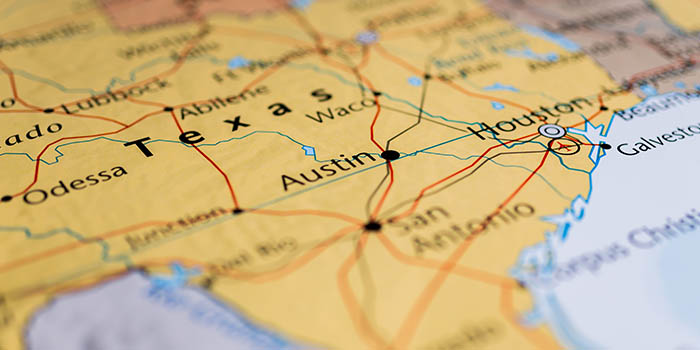Texas Standard published an interview with Renée Cross, senior executive director and researcher of Hobby School of Public Affairs at the University of Houston, discussing a recent poll that showed that there is wide support for the legalization of casino and sports wagering among Texan voters.
Poll Reveals 75% of Texans Want Legal Gambling in the State
Currently, gambling is outlawed in Texas due to the Texas Constitution’s prohibition on “lotteries and gift enterprises,” with exceptions made for charitable activities and state lotteries. Senate Joint Resolution 17 seeks to expand gambling in Texas by proposing a constitutional amendment. If passed by the Legislature, the amendment would then be put on the ballot for voters to decide.
According to the poll conducted by the University of Houston’s Hobby School of Public Affairs, a staggering 75% of Texans support the resolution. This support was seen across a diverse range of demographics, including race, ethnicity, gender, political affiliation, and even religious beliefs.
While the support for the measure is overwhelming, the opposition to it largely comes from religious Protestant organizations. However, their opposition is not necessarily reflected in their membership.
At the same time, the big gambling organizations are putting pressure on lawmakers to enter the lucrative Texas market, but the poll results suggest that this pressure may not be necessary, as Texans seem eager to legalize gambling themselves.
The Bill Needs to Go Through the Legislature First
Before Senate Joint Resolution 17 can reach the voters, it must first make its way through the state Legislature. In previous sessions, legislation aimed at expanding gambling in Texas has not been well received, but it appears that the current session may be more favorable toward the proposal.
This change in attitude is due to several factors. Texas is no longer the “buckle of the Bible belt,” as there has been an influx of people from other states that have legalized gambling.
Younger people, who tend to support gambling, are flocking to Texas, and lawmakers are becoming more open to the idea, with governor Greg Abbott and speaker Dade Phelan both expressing support for the concept.
Past considerations about organized crime being associated with gambling have not been seen as a major obstacle, as gambling is widespread across the nation and is not necessarily linked to organized criminal activities.
What Does the Bill Include?
The bill outlines the number and types of licenses that will be offered to operators in Texas. Only four resort destinations in major cities can apply for Class I licenses, but only if the population of the respective cities is at least 2 million and there isn’t already an active Class I casino operator.
Revenue generated from the licenses will go towards reducing taxes and supporting public safety and education initiatives. The proposed casino taxes are 25% of slot machine earnings and 10% of table game revenue.
If approved, the bill will make three Class II licenses for limited casino gambling available to operators who wish to offer horse racing in major metropolitan areas. These licenses are reserved for operators with a previous pari-mutual wagering license.


